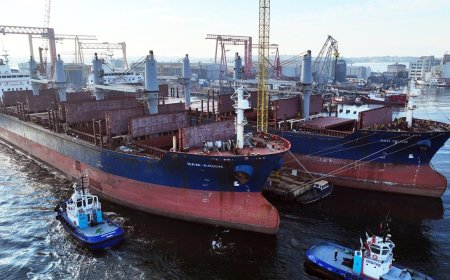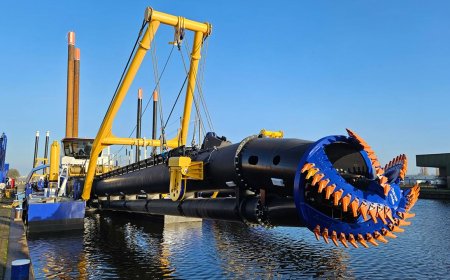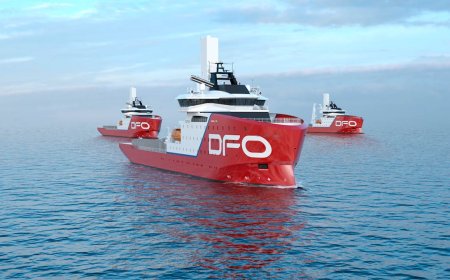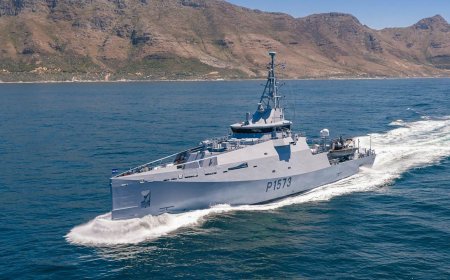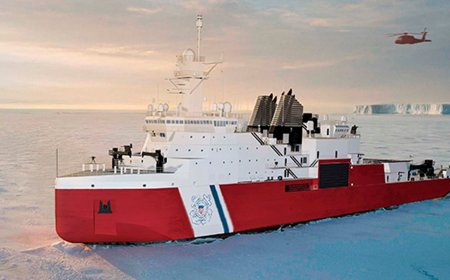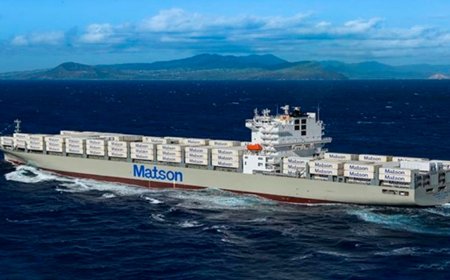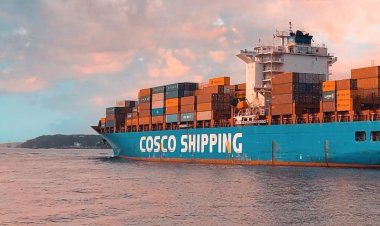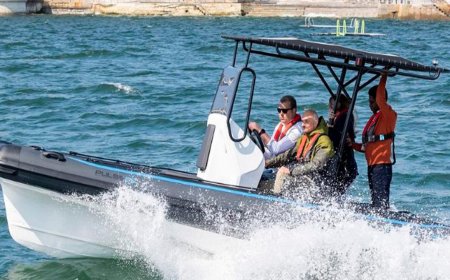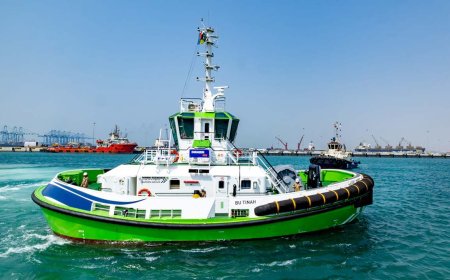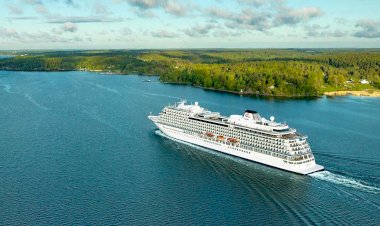Wärtsilä Voyage signs a partnership with MPA Singapore
Wärtsilä partners with the Maritime and Port Authority of Singapore to co-develop next-generation safer and greener smart port solutions
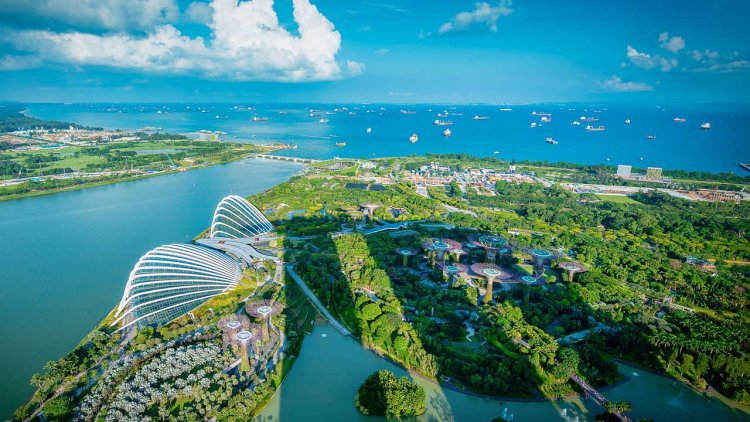
Wärtsilä Voyage has signed a landmark Memorandum of Understanding (MoU) with the Maritime and Port Authority of Singapore (MPA) to further strengthen their collaboration in smart port innovation and digitalisation.
The main objectives of this strategic partnership are to initiate, develop and promote innovative solutions that accelerate digitalisation; foster interoperability in e-navigation and ship-to-shore secure data communications to enable port-to-port optimisation and establish reliable, cyber safe and cost-effective information exchange pathways between all ecosystem partners to increase operational efficacy.
The scope of the collaboration also covers the development and field-testing of intelligent vessel capabilities to improve interoperability of onboard and onshore systems for well-coordinated and sustainable operations.
Chris Chung, Director of Digital Innovation and Strategic Projects at Wärtsilä Voyage, explained:
“Together, we will work with other industry stakeholders, such as Wärtsilä’s customers whose vessels would be calling on the Port of Singapore. Subject to their consent, we will use the vessel’s nautical data to test-bed reliable and secure information exchanges using applications like Wärtsilä Navi-Port. This will help implement standard Application Programming Interfaces (API) between participating vessels and MPA’s Just-In-Time (JIT) coordination platforms in digitalPORT@SG, and digitalOCEANS to enable optimal arrival and departure of vessels from the port.”
In addition, Wärtsilä Voyage and MPA will assess data and cyber threats to vessels’ shipboard systems, ship-to-shore communications system and MPA’s JIT operations.
Increasing traffic, the pandemic, and the general unpredictability of weather conditions have acted as catalysts for ports to adopt digital technologies that help mitigate such disruptions.
Koh Chin Yong, Chief Information Officer / Acting Director (IT), MPA, said:
“At MPA, we have been leading the development and implementation of digital port clearance technology to improve efficiency in the world’s leading hub port. This collaboration with industry partners like Wärtsilä, using its Navi-Port for Just-in-Time planning and coordination on the digitalPORT platform, further solidifies our commitment towards digitalisation to support port-to-port optimisation and maritime decarbonisation.”
This partnership builds on Wärtsilä Voyage’s recent successes as the technology provider has already deployed Navi-Port at many other major ports worldwide, including TangerMed, Hamburg Vessel Coordination Centre (HVCC), Port of Valencia, Port of Rijeka, and Bulgarian Ports.
Bruce Mills, Business Development Manager, Ship Traffic Control at Wärtsilä Voyage, said:
“Wärtsilä Voyage is a world-leader in smart port technology, having worked with leading ports on Just-in-Time implementation. With our technology that enables any connected vessel to coordinate with ports using a simple software application, we are a strong strategic partner for ports, ship owners and operators to unlock their port-to-port optimisation, enabling Just-In-Time arrivals.”
Wärtsilä Voyage and MPA have a long-standing relationship built with a series of commercial and R&D initiatives over the years, such as the IntelliTug Project, next-generation navigational simulator for Centre of Excellence in Maritime Safety, a Ship Traffic Control Simulator, and a Full mission bridge simulator for enhancing the port’s training capabilities.
Sean Fernback, President, Wärtsilä Voyage and Executive Vice President, Wärtsilä, said:
“MPA is our strategic customer and influential regulator. Signing this MoU further strengthens and elevates our relationship from a standard and traditional supplier-customer relationship and towards a deeper and long-term strategic partnership.”
Singapore is the busiest transhipment hub in the world, and considering Asia has nine out of ten busiest ports in the world, this is also a crucial case that sets a precedent for other port authorities to have similar conversations.
Fernback added:
“Connected ports are the nodal points in the connected maritime ecosystem that’s necessary for decongesting harbours, enabling on-time arrivals and departures, reducing anchorage time, fuel waste and increasing sustainability of the whole supply chain. The more ports get connected, the further it’ll encourage the uptake of connected vessels among ship owners and operators, helping them optimise their operations too, cascading the positive effect on the whole shipping industry, the planet and the people.”
As ship sizes and global traffic grow, congestion has become another major contributor to shipping emissions. As per industry estimates, bad planning, early arrivals, and the subsequent time spent waiting in ports mean that the industry is unnecessarily burning bunker totalling USD 18 billion annually – that is around 160 million tons of unnecessary CO2 expelled into the air.
Better ship-to-shore coordination and shortening port stays just by 10% will give a massive reduction in fuel consumption — a big low hanging fruit that is now being realised with the smart port technology and JIT solutions like Wärtsilä Navi-Port.
